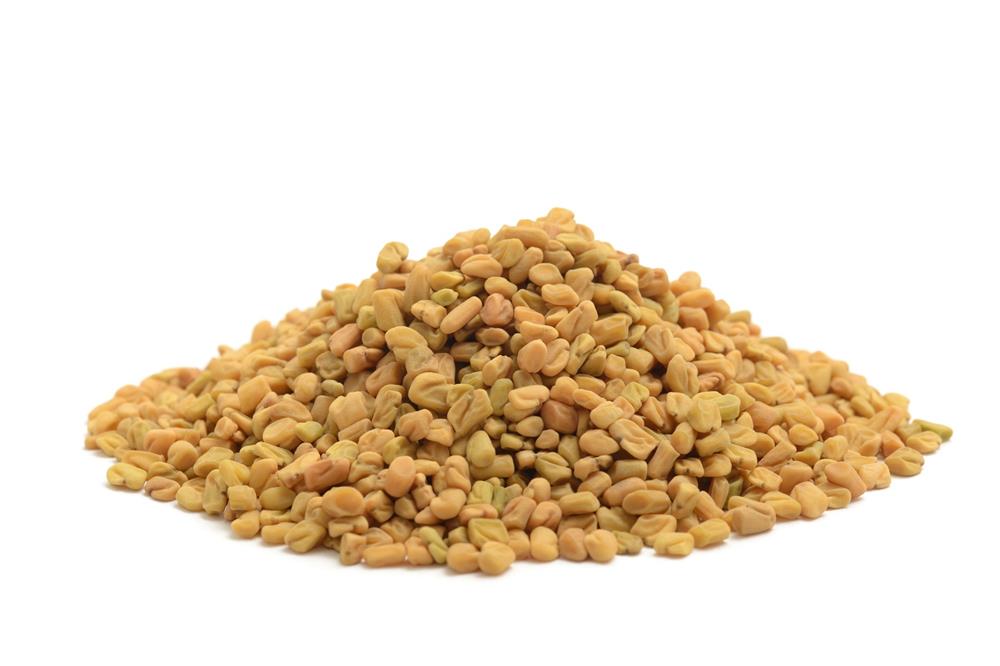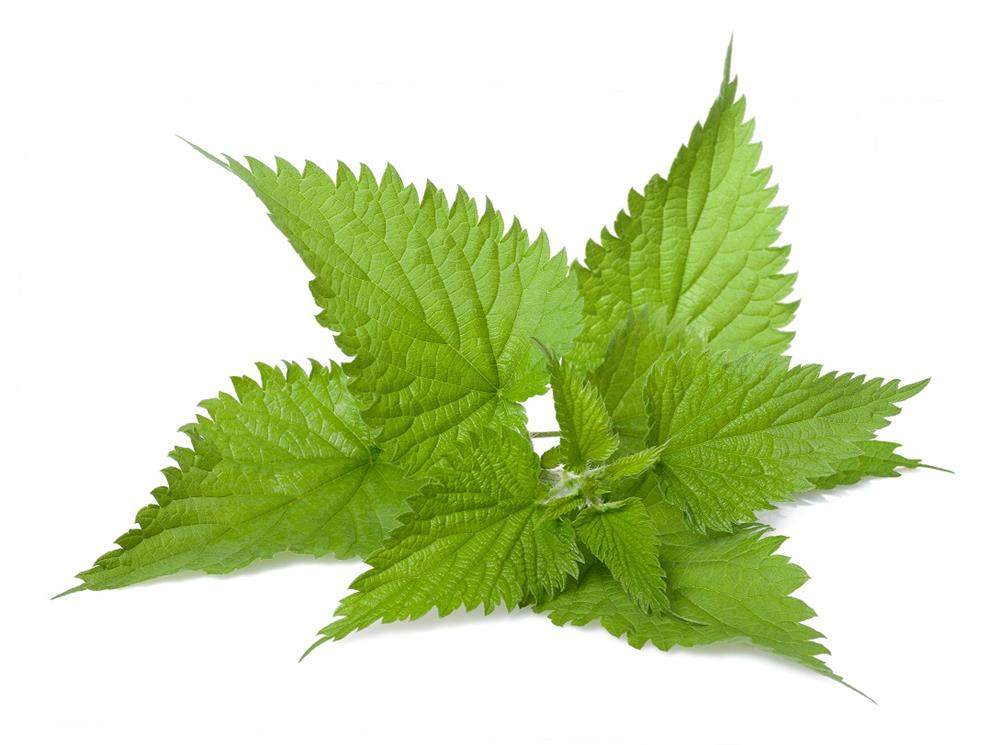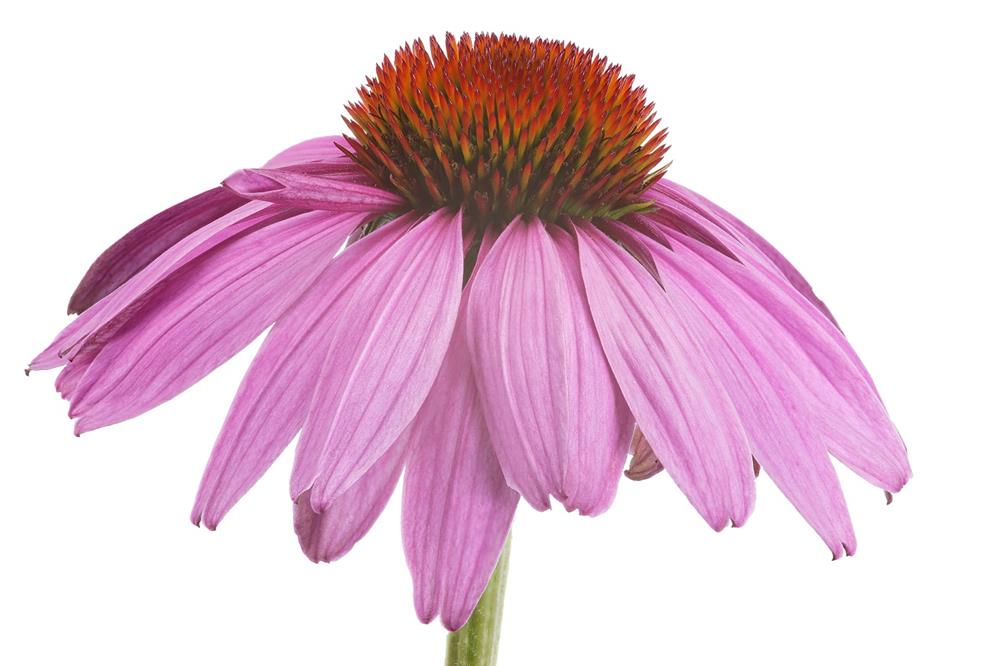Helpful herbs for horses...
From feeding the performance horse to the retired horse, herbs can play a vital part in their health and well-being. At Feedmark we love using natural herbs but sometimes it’s tricky to know which ones to feed. We have chosen just a select few to review from our extensive range of herbs, so read on to find out how they are beneficial and why they can be found in some of our products…
- Garlic (Allium sativum) - although Garlic is commonly used by horse owners as an oral fly repellent, that’s not all it can do! Due to its high Sulphur content it is thought that it can support the digestive, respiratory and circulatory systems. It is believed that Garlic contains over twenty-five substances that support the immune system and natural bacterial flora in the gut. .
- Fenugreek (Trigonella foenum-graecum) - better known as a culinary herb for flavouring curries, Fenugreek has been used to encourage fussy eaters and flavour horse treats. Fenugreek is a trifoliate (has three leaves) like alfalfa and the chemical composition is very similar to that of cod-liver oil. As a result, it provides a good source of protein and fat therefore may promote condition and weight gain. If that wasn’t enough, Fenugreek seeds are rich in Calcium and contain Vitamins A, B, C and E. Its “sister” herb is Garlic as, when used in conjunction with each other, the two herbs complement one another in releasing their potency.
This short article investigates which flavours horses prefer… with Fenugreek being the top choice!

- Comfrey (Symphytum officinale) - one of the most famous and widely used of the natural healing plants, Comfrey has not only been used orally but also externally. It contains allantoin and can potentially support gastric and respiratory health. Externally, Comfrey has been used in poultices, oils and ointment. It must be noted that Comfrey is only to be used as a short-term solution.
- Nettle (Urtica dioica) – also known as Stinging Nettles, these are found naturally in hedgerows and other undisturbed earth. Nettles make an ideal spring tonic as they contain Vitamin C, Iron, Sodium, protein and dietary fibre. They are believed to aid blood circulation, support the urinary tract and even promote ‘dappling’ of the horse’s coat. Cut and wilted, Nettles can be added to a feed or simply thrown into the horse’s field. Care must be taken when first feeding Nettles as some horses are sensitive and may come out in a Nettle rash, in which case their use should be discontinued. Additionally, due to Nettles being a blood tonic they may give your horse a little bit of extra whizz!

- Clivers (Galium aparine) – renowned for their “sticky” properties, Clivers are commonly found in abundance in fields and hedgerows much like Nettles and are known for their effect on the lymphatic system. Their high mineral content of Calcium, Copper, Iodine and Sodium, makes them ideal for re-energising horses for recovery and are best combined with Dandelion roots. If readily available, the horse may consume large amounts fresh from the field. Clivers also contain Silica which can help with the horse’s skin and coat.
- Boswellia (Boswellia serrata) – also known as Indian Frankincense, this is a herbal extract derived from the resin of the Boswellia serrata tree. Boswellia has been shown to provide joint support and help maintain the structural composition of the horse’s connective tissues. As a result, when used as a supplement it can aid mobility. In addition to this, Boswellia is thought to benefit the respiratory system as well as offer digestive support.
- Echinacea (Echinacea angustifolia) – indigenous to northern America, the root of this herb is that has antioxidant properties. It is thought that Echinacea can aid the immune system so can be beneficial to a variety of horses. It may also support the red blood cell count and haemoglobin level which could prove beneficial for performance horses in particular. Much like Comfrey, Echinacea can be used both internally or externally as a poultice or compress.

We like them so much that these helpful herbs can been found in several of our main range supplements! For more information on all of the other helpful herbs which form Feedmark’s Meadowblend range, follow this link.
For any nutritional queries, please don’t hesitate to give us a call on our free advice line: 0800 585 525. Our Nutritional Advisers are available seven days a week, from 8.30am to 5.30pm on weekdays and from 10am until 4pm on Saturdays and Sundays.

